Polygamy between Cultural Heritage and Moroccan Reality
In the Western world, the debate about “marriage for all” is heating up and has been making headlines for a long time. Here in the country, on the one hand, it is about expanding the social groups permitted for marriage. On the other hand, traditional marriage between a woman and a man is becoming less and less popular in our part of the world. In Morocco, however, it is more relevant than ever. And a hot debate is taking place there, but a completely different one. It is important for women to free themselves from the constraints of tradition, against the wishes of conservative men. Polygamy yes or polygamy no? This involves not only moral considerations, but also legal, social and psychological ones, which make the problem seem very complex. Hajar Kitab, a language teacher from Rabat, explains this complexity to us.
Meaning and purpose of marriage in Arabic countries
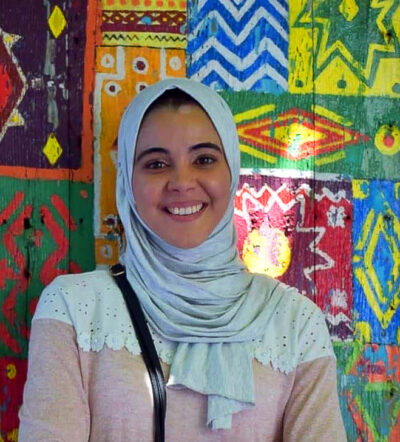
Author: Hajar Kitab, Language teacher in Rabat, Morocco
Marriage is a sacred bond between a man and a woman. It contributes to building a civilized society by forming families that include children and parents. This principle has always been part of human nature. When a man marries a woman, he receives a great reward from God. The issue of polygamy existed before Islam, but was then regulated by Islamic law. The law at that time intended to better organize and regulate this predominant form of family. Islam refined it by making polygamy permissible only under certain conditions. The religion did not actively promote polygamy, nor did it outright ban it. It should be remembered that people back then had no health or social insurance. The only institution that existed to protect widows and orphans was marriage. This explains the content of the following Quranic verse: “If you fear that you cannot act fairly towards the orphans – then marry the women you like – two, or three, or four. But if you’re afraid you won’t be fair to them, then marry one or stick with the one you already have. This makes you less likely to fall into bias” [Surah Al-Nisaa: 3]
What can be concluded from this principle?
- Polygamy eliminates widespread virginity in Arab societies. Statistics show that the proportion of girls who have never married is constantly increasing. Thus we recognize the wisdom of
Sharia regarding the permissibility of polygamy to eliminate virginity. - Polygamy is necessary for the man if his wife is infertile, does not bear a child or is sick. Or she cannot satisfy her husband sexually
- Polygamy is useful in Islamic societies where war is common. That is, where there are many widows and the number of women clearly predominates. Polygamy then has a positive
psychological effect and brings emotional satisfaction.
“Polygamy in Morocco today”
Morocco is an Islamic country subject to the provisions of Islamic law. Therefore it assumes the permissibility of polygamy. We find that successful kings and sultans married multiple women, among other things, for political and social reasons. Nevertheless, polygamy was not limited to kings and state symbols. Instead, all members of Moroccan society practiced polygamy, in accordance with the principles of Islamic law. Moroccan society has developed and polygamy can no longer be justified by its original social goals. Rather, this phenomenon has spread uncontrollably. Therefore, with the various tricks of circumventing the current law, various forms of injustice against women arose. 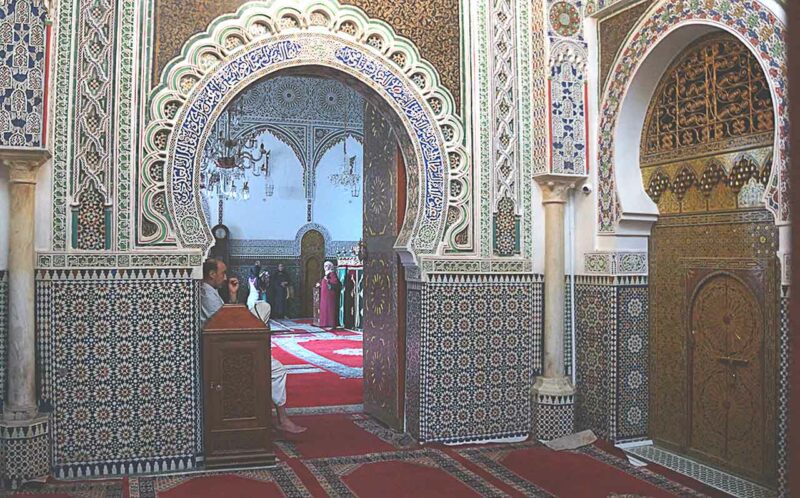 Women who advocate for women’s rights are calling for an end to polygamy as an infringement on their freedom. They complain about the theft of their personality and dignity. They demand the right to live their femininity. In Moroccan society, men are usually the main breadwinners of the family. But today he is no longer able to support more than one family. Furthermore, the fusion of Arab thought with Western thought has dramatically changed the expectations of men and women.
Women who advocate for women’s rights are calling for an end to polygamy as an infringement on their freedom. They complain about the theft of their personality and dignity. They demand the right to live their femininity. In Moroccan society, men are usually the main breadwinners of the family. But today he is no longer able to support more than one family. Furthermore, the fusion of Arab thought with Western thought has dramatically changed the expectations of men and women.
“Polygamy is a hated thing for Moroccan women.”
No matter how much the Moroccan adheres to the teachings of Islam and the Sunnah, she today sees polygamy as a great injustice. This is especially true for women in cities. In rural society, women cannot make free decisions about their lives. The law of polygamy is applicable to them. Thus, infertile women betroth other women to their husbands in the hope that they will bear them children. They therefore decide to be the maids of a young woman with whom they share with their husbands.
An emotional debate
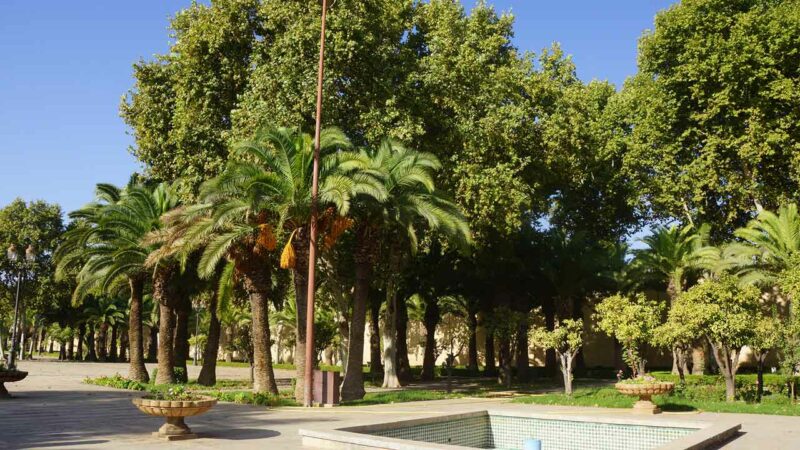
While other voices are calling for the legalization of polygamy, this has created a divide between supporters and opponents of changing the law. For its proponents, polygamy is just a reflection of a culture that is permissible according to the Koran. But in 2004, with the increase in women’s protests and royal intervention, the Family Code was brought into being. This regulates the question of polygamy according to modern law. However, Moroccan family law restricted polygamy without explicitly abolishing it. But it can be said that he partially succeeded in curbing polygamy. The Family Code sets two conditions for the legality of polygamy:
– The first condition is that the person who desires polygamy should be financially able to support two or more families. This, under fair conditions for all family members.
– The second requirement is that an application for polygamy is documented by the judge with objective and logical justification.
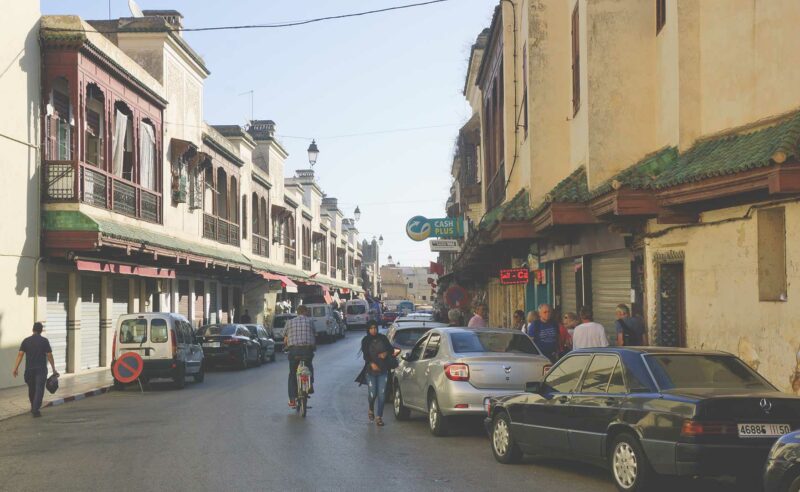
It is noteworthy that the court is currently in the habit of notifying the first wife. She is asked to express her opinion regarding her husband’s polygamy. The law was able to reduce polygamy to fewer than a thousand cases per year.
The struggle of women’s associations
What is clear from all this is that despite this little progress, the women’s groups seeking to criminalize polygamy are winning. Polygamy is incompatible with human rights and international conventions that require equality between women and men. The women want to follow the example of Tunisia, where polygamy is criminalized and subject to penalties. Article 18 of the Tunisian Civil Code expressly prohibits polygamy. Anyone who violates this prohibition will be punished with physical and financial penalties; “Anyone who marries before the previous marriage has been dissolved shall be punished with a prison sentence of one year and a fine of two hundred and forty thousand francs or one of the two penalties.”
“The family code and the Moroccan reality”
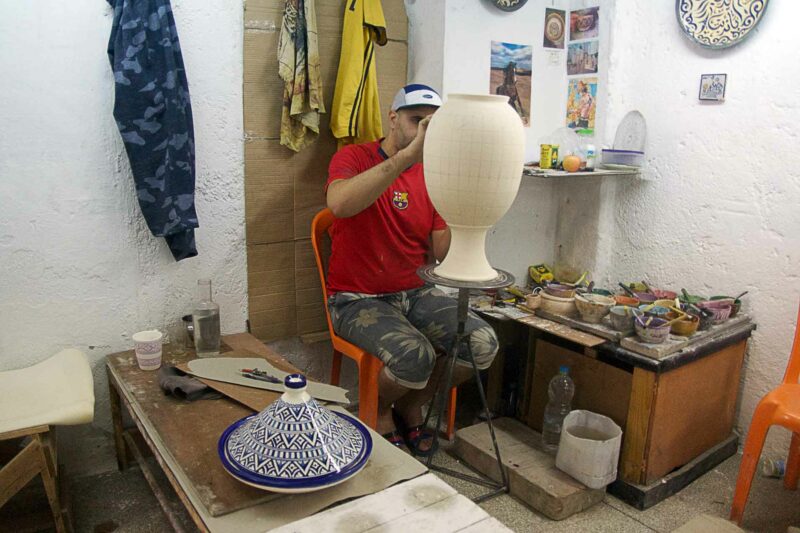 However, after the introduction of the Moroccan family law, no one within Moroccan society was spared from the conflict between supporters and opponents. Some admit that the issue of marriage licenses could limit this phenomenon, since the judiciary is the only one with discretion to accept or reject polygamy. Judges can inform the first wife about this, but what if she doesn’t express a clear opinion? There is another party that opposes this law as an attack on the goals of Islamic Sharia and Prophetic Sunnah. This group organizes demonstrations and protests for the abolition of this code, especially since many applications for polygamy have been rejected by the courts due to a lack of legal basis. Significant circumvention of polygamy law is common. The most common is the phenomenon of the so-called “Al-Fatihah marriage”. An undocumented marriage with witnessing and reciting Surah Al-Fatihah by the men concerned is enough to justify polygamy. This trick was mainly used in conservative society, under the pretext that “Our polygamy is much better than the polygamy with concubines common in the West and in liberal circles. What is particularly deplorable is the loss of the rights of the second wife. And if there are children, they would have no rights if the justice system did not force the men concerned to document the marriage. This, not least to protect the children and their rights that arise from the Fatiha marriage.
However, after the introduction of the Moroccan family law, no one within Moroccan society was spared from the conflict between supporters and opponents. Some admit that the issue of marriage licenses could limit this phenomenon, since the judiciary is the only one with discretion to accept or reject polygamy. Judges can inform the first wife about this, but what if she doesn’t express a clear opinion? There is another party that opposes this law as an attack on the goals of Islamic Sharia and Prophetic Sunnah. This group organizes demonstrations and protests for the abolition of this code, especially since many applications for polygamy have been rejected by the courts due to a lack of legal basis. Significant circumvention of polygamy law is common. The most common is the phenomenon of the so-called “Al-Fatihah marriage”. An undocumented marriage with witnessing and reciting Surah Al-Fatihah by the men concerned is enough to justify polygamy. This trick was mainly used in conservative society, under the pretext that “Our polygamy is much better than the polygamy with concubines common in the West and in liberal circles. What is particularly deplorable is the loss of the rights of the second wife. And if there are children, they would have no rights if the justice system did not force the men concerned to document the marriage. This, not least to protect the children and their rights that arise from the Fatiha marriage.
What’s next for the marriage controversy?
In conclusion, marriage is a demanding institution based on appreciation, affection and respect.
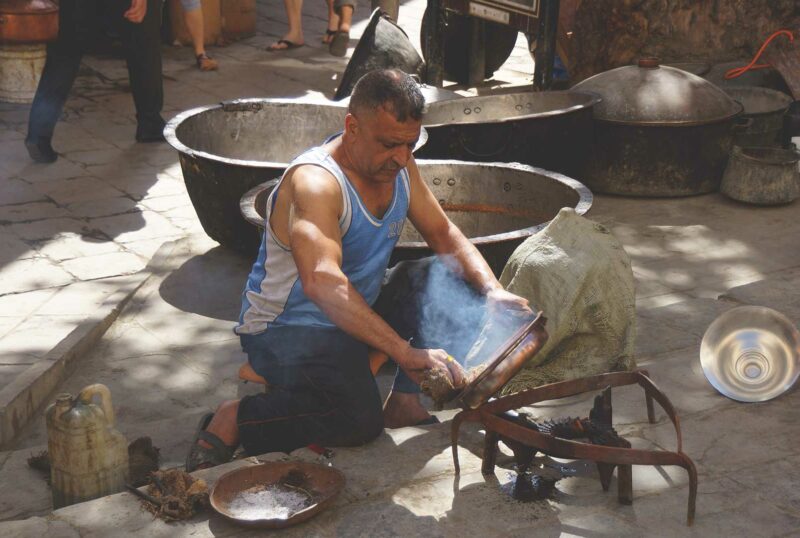
On the one hand, some claim that it is an institution that can only be performed between a husband and a wife. This is the reason why man grows and achieves civilized perfection. Others claim that polygamy is a solution to the reality in which the proportion of virgins and moral decay have increased. It’s about a social institution that ultimately guarantees the protection of women. This opinion confirms what the French doctor and psychologist Gustave Le Bon (1884) praised in his book “La Civilization of the Arabes”: “The system of polygamy is a good system that raises the moral level among the nations that implement it , strengthening the bonds between families and giving women respect and happiness that cannot be found in Europe». Did he also mean this for the French people?
This significant difference of opinion gives no indication of what the future will bring. Will we witness an era in which Moroccan society, like the rest of Muslims and the world, abandons the idea of polygamy and frees itself from the constraints of antiquity, opening up and joining the international community. Or will this phenomenon continue to spread as there is much unconsciousness and ignorance in the Moroccan community?
Author: Hajar Kitab, Teacher at Qalam wa Lawh Center for Arabic Studies in Rabat, introduction by Noureddine Yous, intermedio



